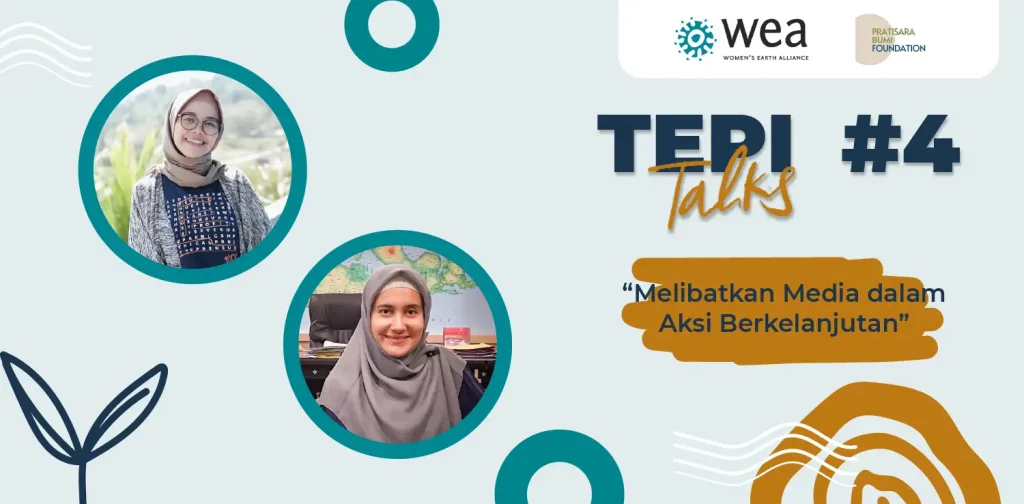Media Engagement Workshop for Sustainable Grassroots Movements by Women’s Earth Alliance Indonesia

TEPI Talks #4 with the theme of “Engaging Media in Sustainable Actions”. | Photo by Women’s Earth Alliance (WEA) Indonesia.
You cannot copy content of this page